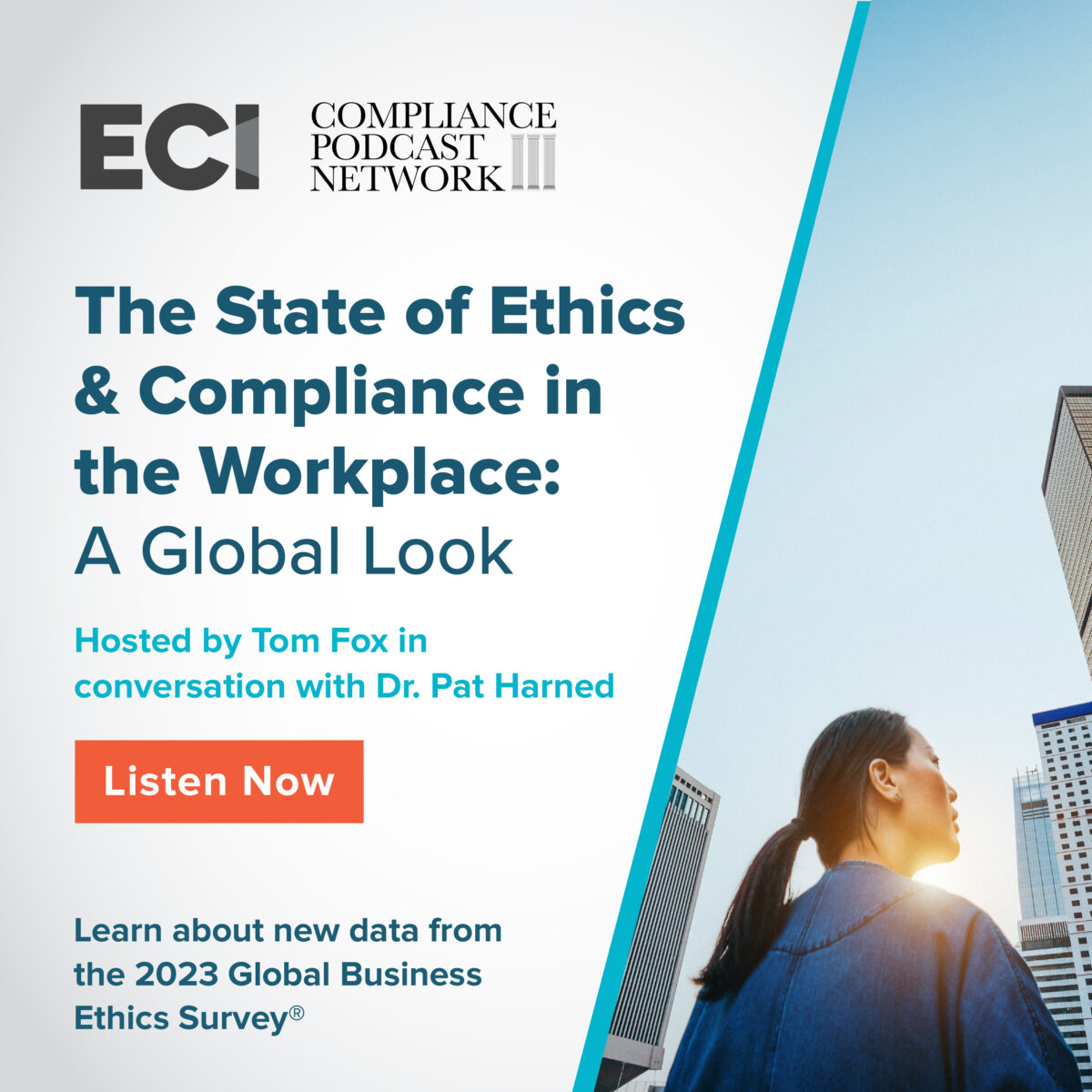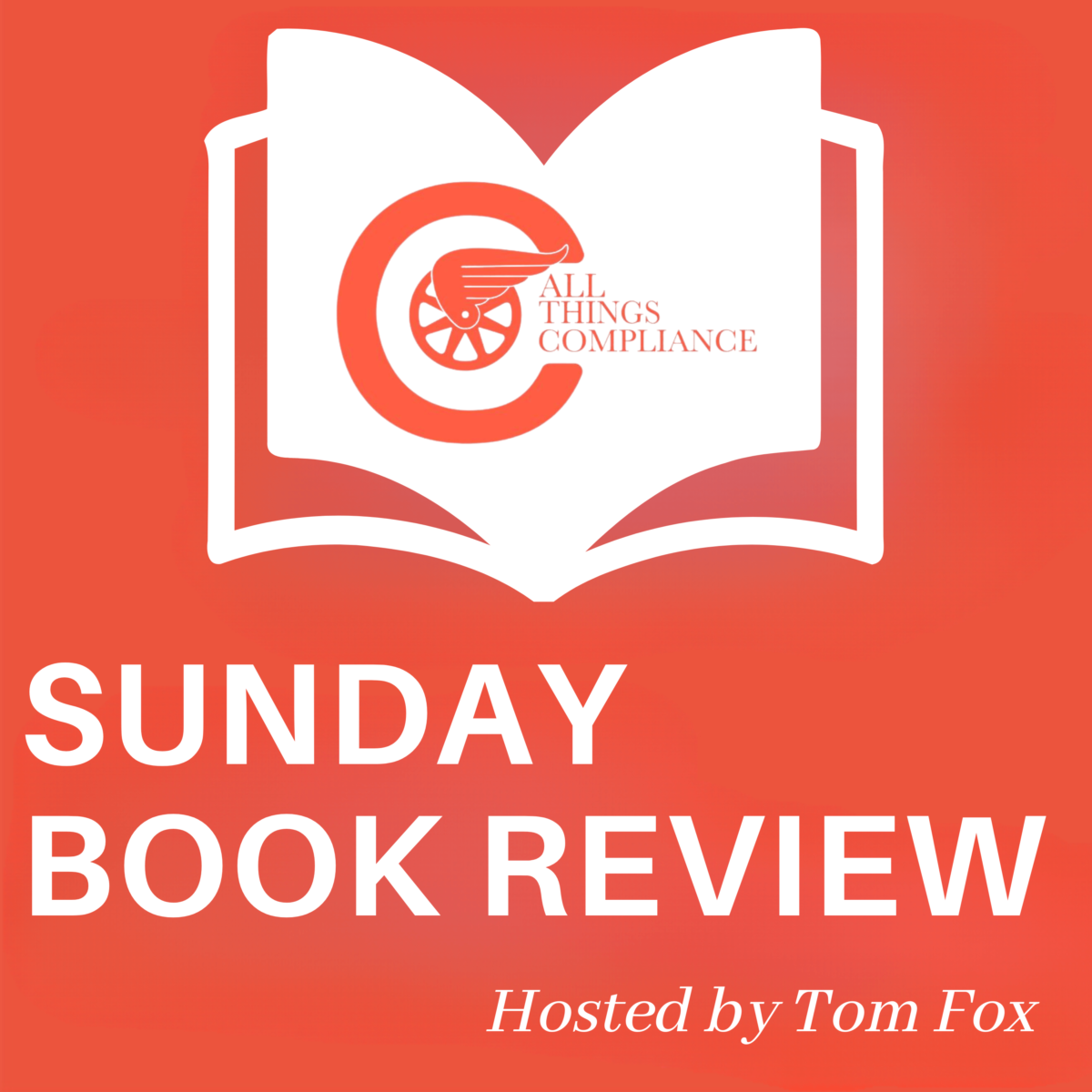The world of compliance investigations can be complex and challenging, requiring investigators to navigate through a maze of information and uncover hidden truths. In the podcast episode “The Adventure of Silver Blaze” on Adventures in Compliance, host Tom Fox explores the valuable investigative lessons that can be learned from Sherlock Holmes’ approach to solving mysteries. This episode focuses on the story of Silver Blaze, where Holmes uses his attention to detail, deductive reasoning, and pattern recognition skills to solve the case.
One of the key lessons highlighted in the episode is the importance of attention to detail. Holmes emphasizes the need to observe even the smallest details, as seemingly insignificant clues can provide crucial insights. Compliance investigators can apply this lesson by paying attention to every detail, no matter how trivial it may appear. By doing so, they can uncover hidden connections and gather valuable evidence.
Contextual analysis is another important factor in Sherlock Holmes’ investigative approach. Holmes examines the circumstances surrounding the crime and seeks to understand the broader context. He considers various factors, such as the behavior of people involved, the nature of the crime scene, and the motivation of the subjects. This lesson emphasizes the significance of understanding the context and building a comprehensive understanding of any case or investigation.
Deductive reasoning is a skill that Holmes is renowned for. He draws logical conclusions based on the available evidence and eliminates improbable scenarios. Compliance investigators can learn from this approach by using logical thinking to eliminate false leads and narrow down possibilities. By applying deductive reasoning, investigators can focus their efforts on the most relevant areas and make informed decisions.
Sherlock Holmes also emphasizes the value of disguised or unexpected evidence. In the story of Silver Blaze, Holmes notices the absence of expected evidence, such as the dog not barking, and deduces that a certain action was taken. This teaches investigators to look for the presence or absence of evidence that may be disguised or unexpected, as it can provide valuable insights.
Information gathering is a critical aspect of the investigative process, and Holmes emphasizes the importance of gathering information from various sources. He interacts with different characters, collects testimonies from multiple sources, and examines forensic evidence and documents. Compliance investigators can benefit from this lesson by gathering information from diverse sources to obtain a comprehensive understanding of the situation.
Pattern recognition is another skill that Holmes excels at. He is adept at recognizing patterns and connecting seemingly unrelated pieces of information. This ability allows him to identify the truth and solve the case. Investigators should develop pattern recognition skills to identify connections and associations that may lead to crucial breakthroughs. Data analytics can also play a role in pattern recognition, helping investigators find patterns in large amounts of data.
In addition to logical reasoning, Holmes also values intuition and creativity. He is open to unconventional ideas and thinks creatively to explore all possibilities. Compliance investigators can benefit from this lesson by being open-minded and thinking outside the box. Sometimes, unconventional or imaginative approaches uncover hidden insights and provide new perspectives.
Collaboration and consultation are also important aspects of Sherlock Holmes’ investigative approach. Holmes frequently collaborates with others, such as his trusted associate Dr. Watson, to exchange ideas and gain different perspectives. Investigators and compliance professionals can benefit from seeking advice or collaborating with colleagues to enhance their problem-solving skills and uncover new insights.
In conclusion, the episode “The Adventure of Silver Blaze” on Adventures in Compliance highlights the valuable investigative lessons that can be learned from Sherlock Holmes’ approach. Attention to detail, contextual analysis, deductive reasoning, information gathering, pattern recognition, intuition, creativity, collaboration, and consultation are all key factors that impact the effectiveness of applying Sherlock Holmes’ investigative lessons in compliance investigations. By incorporating these lessons into their investigative practices, compliance investigators can improve their ability to solve complex problems and uncover hidden truths.










